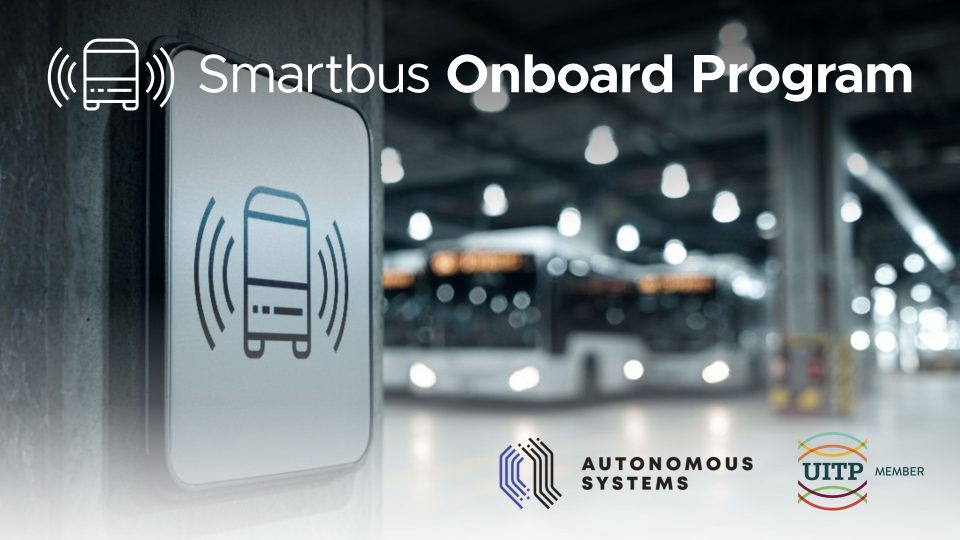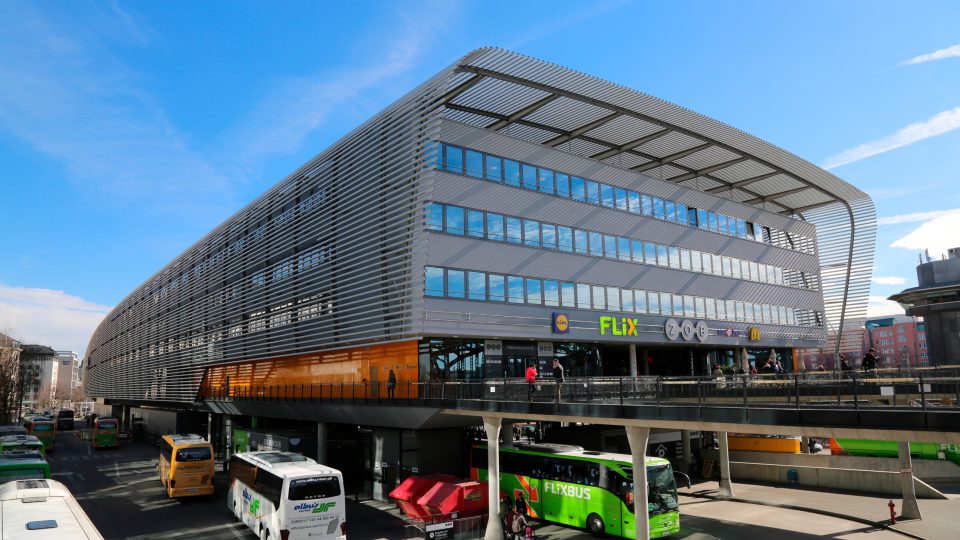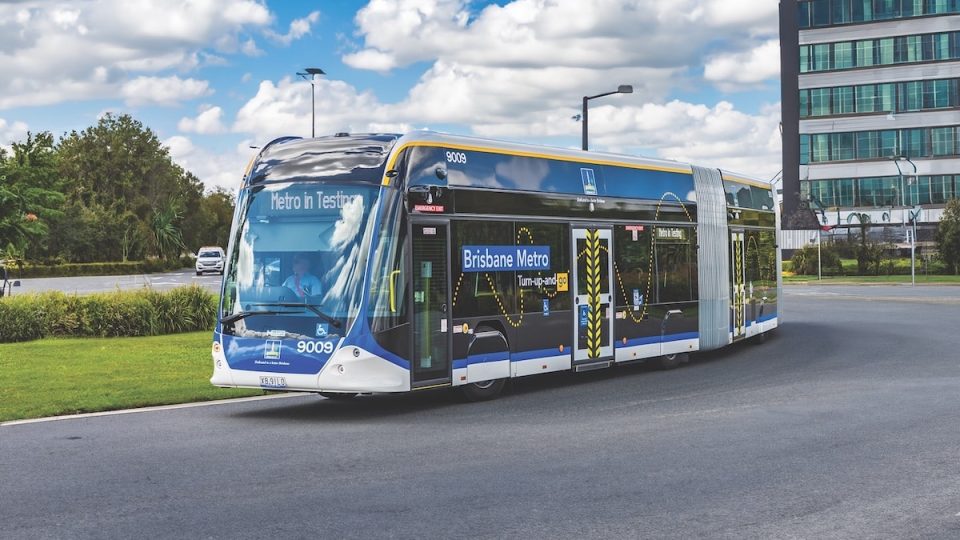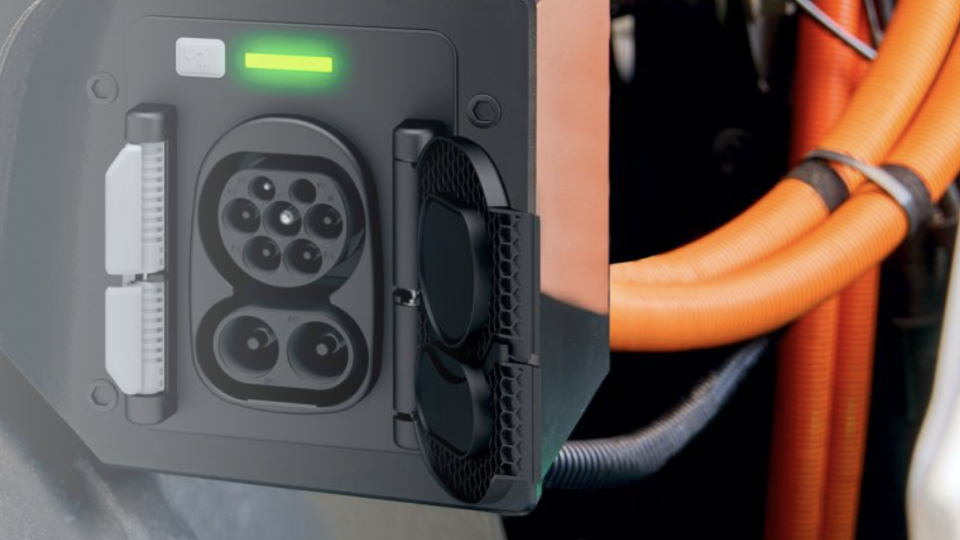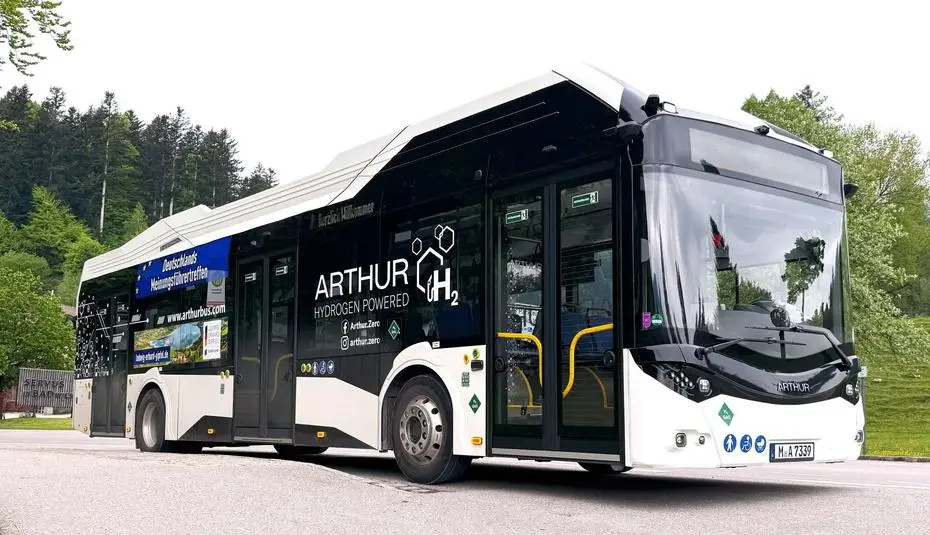High capacity hydrogen refueling station has entered operation in Düsseldorf, with capacity up to 5 tons/day
A new high-capacity hydrogen refueling station has entered operation in Düsseldorf, Germany. According to H2 MOBILITY, the project’s lead developer, it is currently the most powerful facility of its kind in Europe, with a daily refueling capacity of up to five tonnes of hydrogen. The new facility is part of Düsseldorf’s climate policy framework, which […]
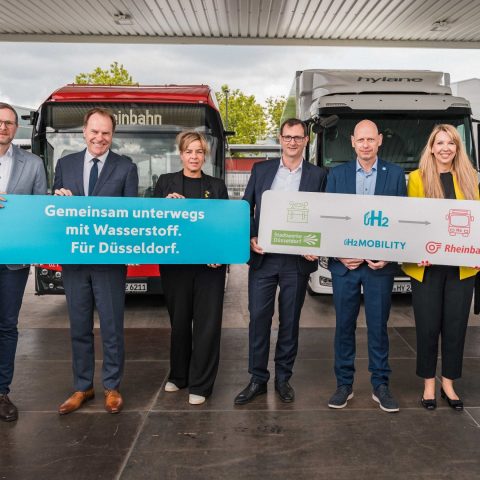
A new high-capacity hydrogen refueling station has entered operation in Düsseldorf, Germany. According to H2 MOBILITY, the project’s lead developer, it is currently the most powerful facility of its kind in Europe, with a daily refueling capacity of up to five tonnes of hydrogen.
The new facility is part of Düsseldorf’s climate policy framework, which targets citywide carbon neutrality by 2035.
The facility features patented refueling technology enabling simultaneous refueling of up to three vehicles at 350, 500, and 700 bar pressure. It is designed for heavy-duty use cases including fuel cell buses and trucks, as well as passenger cars and light commercial vehicles.
Hydrogen refueling station launched in Düsseldorf
The station, located on Höherweg, was developed in collaboration with carrier Rheinbahn and Stadtwerke Düsseldorf. The three partners jointly addressed hydrogen production, distribution infrastructure, and fleet demand. The opening was attended by North Rhine-Westphalia’s Minister for Economic Affairs and Climate Action Mona Neubaur, Düsseldorf Mayor Dr. Stephan Keller, and Dagmar Fehler, spokesperson and CEO of NOW GmbH, which coordinates the national hydrogen funding programme.
The new station will serve, among others, Rheinbahn’s fleet of hydrogen fuel cell buses—currently 20 units whose awarding began in 2023 (ten are from Solaris) —which operate from a depot located nearby. According to Rheinbahn, the infrastructure allows for more flexible and efficient refueling operations and supports its broader CO₂ reduction strategy in public transport.
While the site is currently supplied with certified renewable hydrogen (RFNBO) from external sources, Stadtwerke Düsseldorf plans to commission a 2 MW electrolyzer on-site in 2026. The electrolyzer will use electricity generated from biogenic components at the company’s municipal waste-to-energy plant, integrating hydrogen production into a local energy loop.
The station and the future electrolyzer are supported under Germany’s National Innovation Programme for Hydrogen and Fuel Cell Technology (NIP2). Funding was provided by the Federal Ministry for Digital and Transport (BMDV), with coordination by NOW GmbH and project execution by Project Management Jülich (PtJ). The refueling station received €3.14 million in funding, while the electrolyzer project was awarded €1.21 million.
H2 MOBILITY is responsible for development, construction, operation, and maintenance of the station. The company, founded in 2015, operates the largest network of hydrogen refueling stations in Europe and has announced plans to convert its entire network to renewable hydrogen by 2028.
Hydrogen as a building block in decarbonization strategy
Frank Fronzke, Managing Director and COO of H2 MOBILITY, comments: “This filling station is a milestone for hydrogen mobility in Europe and represents a new generation of H2 filling stations with more dispensers for 350, 500, and 700 bar, larger hydrogen volumes, and significantly more powerful technology. With our innovative high-performance technology, we enable fast, flexible refueling for buses, trucks, and passenger cars – thereby making a concrete contribution to the mobility transition. The project shows how collaborative cooperation between industry and politics can accelerate innovation.”
Julien Mounier, CEO of Stadtwerke Düsseldorf, states: “I am pleased that we were able to jointly develop and implement this project. What makes this filling station special: from next year it will be supplied exclusively with locally produced hydrogen from Stadtwerke Düsseldorf. To this end, we are building a two-megawatt electrolyzer directly behind the filling station. This creates local value and avoids CO₂ emissions from hydrogen transport. Together, we are making a significant contribution to the decarbonization of Düsseldorf’s mobility sector.”
Annette Grabbe, Rheinbahn Board Member, adds: “Hydrogen as an alternative drive is a building block in our strategy to reduce CO₂ emissions. We are investing specifically in this future technology to sustainably transform public transport in Düsseldorf and the region. The new hydrogen filling station thus marks another milestone on our path to emission-free mobility. With its commissioning, we are now optimally positioned in terms of infrastructure to refuel our hydrogen buses flexibly and efficiently and to deploy them reliably in regular service. The vehicles have already proven themselves in daily use – our drivers appreciate the driving comfort and their performance. Together with our strong partners H2 MOBILITY and Stadtwerke Düsseldorf, we are actively advancing the mobility transition and coming noticeably closer to our goal of climate neutrality in the region.”

